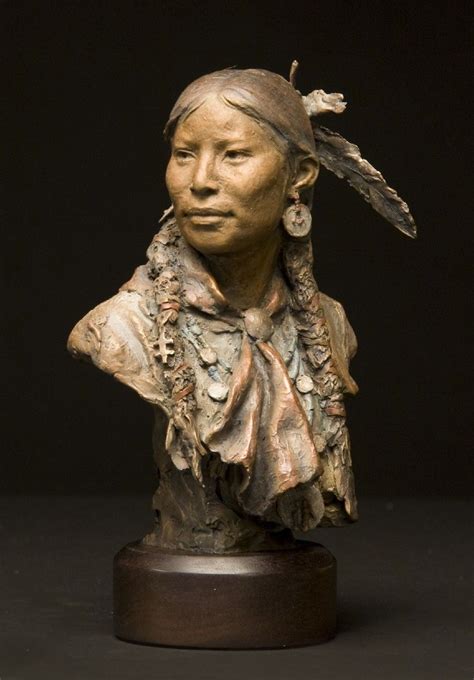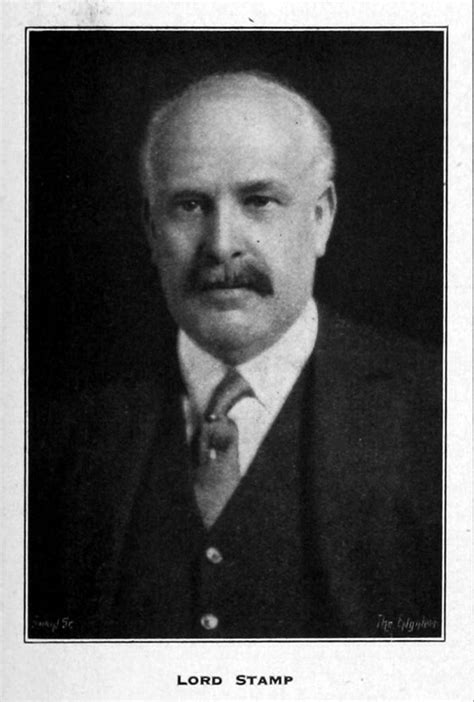A Quote by Michael Moore
The wealthy have never liked to pay for the labor that enriches them. Ever since slavery was eliminated, they have been trying to keep it as close to slavery as they can without violating the slave laws.
Related Quotes
As for slavery, there is no need for me to speak of its bad aspects. The only thing requiring explanation is the good side of slavery. I do not mean indirect slavery, the slavery of proletariat; I mean direct slavery, the slavery of the Blacks in Surinam, in Brazil, in the southern regions of North America. Direct slavery is as much the pivot upon which our present-day industrialism turns as are machinery, credit, etc. … Slavery is therefore an economic category of paramount importance.
The South was at the point where the scale was tipping against slavery. It was slowly dawning on the plantation owners that slave labor was not economic, besides being morally wrong. Slavery was destined to be abolished, whether for economic reasons or moral reasons matters not, but the international intriguers were not going to wait for voluntary abolition to rob them of their trump card.
Slavery, you know, is nothing else than the unwilling labor of many. Therefore to get rid of slavery it is necessary that people should not wish to profit by the forced labor of others and should consider it a sin and a shame. But they go and abolish the external form of slavery and arrange so that one can no longer buy and sell slaves, and they imagine and assure themselves that slavery no longer exists, and do not see or wish to see that it does, because people still want and consider it good and right to exploit the labor of others.
If you are going to abolish slavery, that opens up all these other questions: what system of labor is going to replace slave labor? What system of race relations is going to replace the race relations of slavery? Who is going to have power in the post-war South? The Emancipation Proclamation doesn't answer that question, but it throws [it] open.
All socialism involves slavery.... That which fundamentally distinguishes the slave is that he labors under coercion to satisfy another's desires. The relation admits of many gradations. Oppressive taxation is a form of slavery of the individual to the community as a whole. The essential question is -- How much is he compelled to labor for other benefit than his own, and how much can he labor for his own benefit?
I've always been interested in history, but they never taught Negro history in the public schools...I don't see how a history of the United States can be written honestly without including the Negro. I didn't [paint] just as a historical thing, but because I believe these things tie up with the Negro today. We don't have a physical slavery, but an economic slavery. If these people, who were so much worse off than the people today, could conquer their slavery, we can certainly do the same thing....I am not a politician. I'm an artist, just trying to do my part to bring this thing about.
Zwarte Piet, or 'Black Pete,' is a relic from slavery. It is something that should have long been eliminated, and it's very insulting to black Dutch people. It's shocking to me that it still exists, but I think it's about the lack of knowledge and education regarding the roots of the character in the slave trade.
I can't say with certainty that slavery would have ended more quickly and more completely if the South had been allowed to leave and escaped former slaves had been allowed to remain free, and the North and the rest of the world had been a positive influence on the South. However, it's certainly a possibility that it would have ended sooner if the southern slave owners had agreed to a system of compensated emancipation and freed the slaves without a war and without secession, as most nations that ended slavery did. That absolutely would have been preferable to the Civil War as it happened.





































